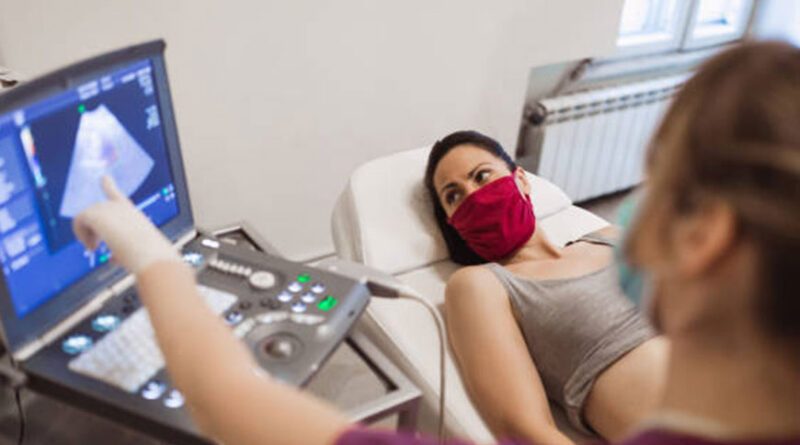Top Reasons to See a Reproductive Endocrinologist
Getting pregnant is not easy for some couples. You may have tried many times without success, but it doesn’t mean all hope is lost. At times, you may only need a little guidance, patience, and the right techniques. Seeking help from a reproductive endocrinology Bedford specialist could be your best move, as the professionals can establish the problems and the appropriate intervention or treatments to boost your conception journey. Seeing a specialist helps you get the necessary information to be proactive and receive the appropriate treatment. Here are some of the signs you should see a reproductive endocrinologist.
You’ve tried conceiving for over a year, and you’re under 35 years
If you haven’t been able to conceive after a year yet under 35, it is usually a fertility problem. It would be best if you visited a reproductive specialist to find out the cause of the problem and its solution.
You’ve been trying to conceive for six months, and you’re over 35 years
As a woman ages, the probability of getting pregnant decreases as the egg quality and quantity decline. The fertility potential and quality begin to decline quickly after age 35. Fertility after the period of 40 drops fast. Also, the risk of miscarriage is increased if the woman gets pregnant. If you’re considering conceiving at such an advanced age, it is good to see a specialist.
You have experienced two or more miscarriages
Recurrent pregnancy loss takes a toll on the women trying to conceive psychologically, physically, and even emotionally. There are several known risk factors and causes for miscarriages. A specialist can perform tests to determine the cause and advise you on reducing the risk of losing another pregnancy.
Painful or irregular periods
Irregular periods could signal ovarian disorder, the most common including polycystic ovary syndrome (PCOS).PCOS is a hormonal condition that interferes with ovulation making periods irregular, painful, and entirely nonexistent for some months. Malfunctions in the brain parts, like the pituitary glands or hypothalamus, or problems with the ovarian follicles, may cause improper ovulation. Premature menopause also causes women to stop ovulating before menopause.
You have endometriosis
Endometriosis is characterized by irregular bleeding, pain during sex, infertility, and painful periods. Endometriosis impacts your fertility in many ways, such as due to scarring. This distorts your reproductive structure making it hard for the eggs and sperm to meet. Also, endometriotic cysts in the ovaries can destroy healthy ovarian eggs and tissues.
Uterus problems
If the uterus has problems, it can prevent you from conceiving and increase the risk of miscarriage. If you are aware you have polyps, scar tissue, fibroids, or other issues with your uterus, you should visit a reproductive specialist for diagnosis and treatment. Previous surgeries on your uterus, like D&C, C-section, and fibroid removal, should be communicated to your doctor as well.
Your fallopian tube is damaged or blocked
The fallopian tubes capture the egg after the ovaries release them. If one or both of your fallopian tubes is blocked, it decreases your chances of getting pregnant. In vitro fertilization (IVF) could be considered if both tubes are blocked. A reproductive specialist can determine if you face the risk of tubal blockage and advice you on ways to keep them open.
Sperm count problems
A healthy sperm is essential, and semen analysis is critical in establishing quality and quantity. Semen analysis can often explain why you may be having problems conceiving.
If you are experiencing problems getting pregnant or want to know more about your fertility potential and options, seeking professional attention is recommended. Visit Effortless IVF today to talk to a reproductive endocrinologist for more on your reproductive health.

